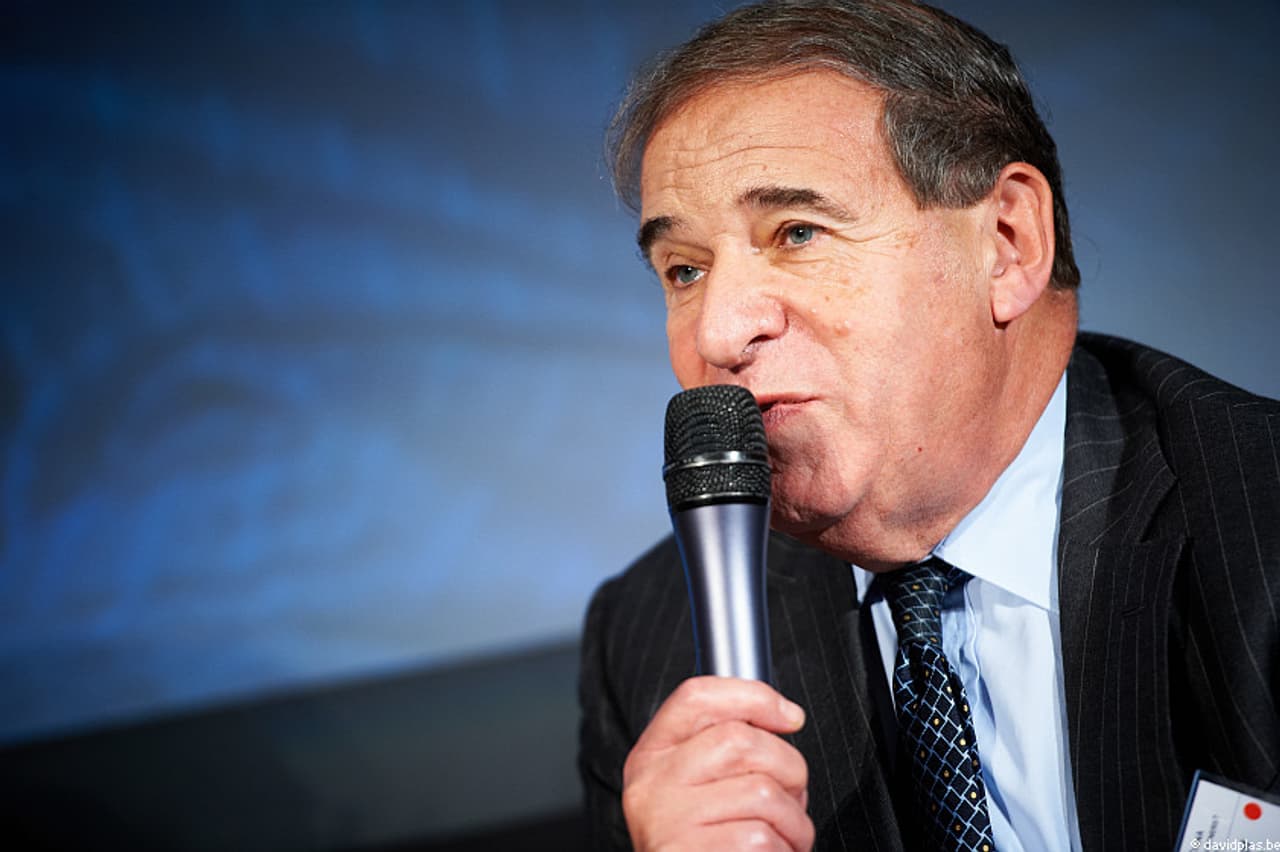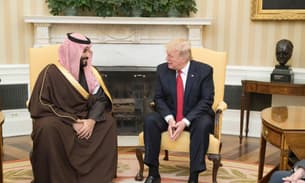
Lord Brittan: The lobbyist who wrote a white paper
Preaching the free trade message: Lord Brittan. Image by FriendsofEurope.
Tory grandee Lord Brittan produced a white paper for David Cameron advocating an increase in the number of highly skilled overseas workers entering the UK while advising a financial lobby group demanding the very same policy.
Brittan was appointed by Number 10 to mastermind the government’s 2011 trade and investment white paper and stepped down from his job as vice-chairman of giant Swiss bank UBS to do the job.
But the former EU commissioner has admitted to the Bureau that he attended two advisory council meetings of TheCityUK, a powerful financial lobbying organisation he advises, while framing the future of British international trade for Cameron.
All the evidence is now confirming that vast tracts of Government economic and trade policy have been virtually dictated by City lobbyists…
John McDonnell MP
One of TheCityUK’s priorities is to persuade the government to allow more overseas graduates into Britain. It has been lobbying particularly hard on the EU-India Free Trade Agreement, a deal still under negotiation that will allow highly skilled Indian workers into the country.
This concession is regarded as a bargaining chip to enable European banks to offer financial products to hundreds of millions of Indians. TheCityUK is also hoping to remove restrictions on European insurance companies and City law firms, accountancy and management consultancy firms setting up in this country.
Related article: Inside the City’s best-connected lobby group
Favourable conclusions
Brittan’s trade white paper concluded the UK benefits from ‘increased trade, investment, productivity and growth’ as a result of attracting highly skilled people from overseas.
Brittan also wrote favourably of the India Free Trade Agreement in his white paper, saying it ‘will create significant benefits for both India and the EU, amounting to as much as €4bn [£3.3bn] by 2020′.
Lord Brittan was trade adviser to the Prime Minister for six months until March 2011 and has been involved with TheCityUK since its inception. The lobbying group’s members include the British Bankers’ Association, the City of London Corporation and Goldman Sachs.
Related article: How City lobby supported controversial Indian trade deal
When contacted by the Bureau, Brittan confirmed he attended TheCityUK meetings while he was framing the government’s trade white paper. He did not respond to questions on whether his report was swayed by his membership of this organisation.
Government departments always consult widely when developing policy.
TheCityUK spokesman
But Labour MP John McDonnell said: ‘All the evidence is now confirming that vast tracts of Government economic and trade policy have been virtually dictated by City lobbyists who have permeated Coalition policymaking.’
Myriam Vander Stichele, an expert on international trade negotiations at Dutch NGO Somo, says the influence of the UK’s financial services industry over trade deals is deep-rooted.
Huge imbalance
‘There is a huge imbalance here,’ she said. ‘Industry is allowed to be fully engaged in the negotiations while other stakeholders like consumers or civil society organisations are not allowed to know anything. The secrecy means the consequences of certain positions are not being examined or discussed before they are agreed,’ she said.
A spokesman for TheCityUK said: ‘Government departments always consult widely when developing policy. As a representative body for the financial and professional services sector, TheCityUK plays an active role in the policy consultation process. TheCityUK is an independent, politically neutral organisation. We represent the views of our members in discussions, but it is for the government to set UK policy.’
A Number 10 spokesman said: ‘Increasing trade and investment is a vital part of ensuring a strong and sustained economic recovery and Lord Brittan brought with him unrivalled experience and expertise.
‘Appropriate steps were taken to ensure that there was no conflict of interest during the period of his appointment.’




